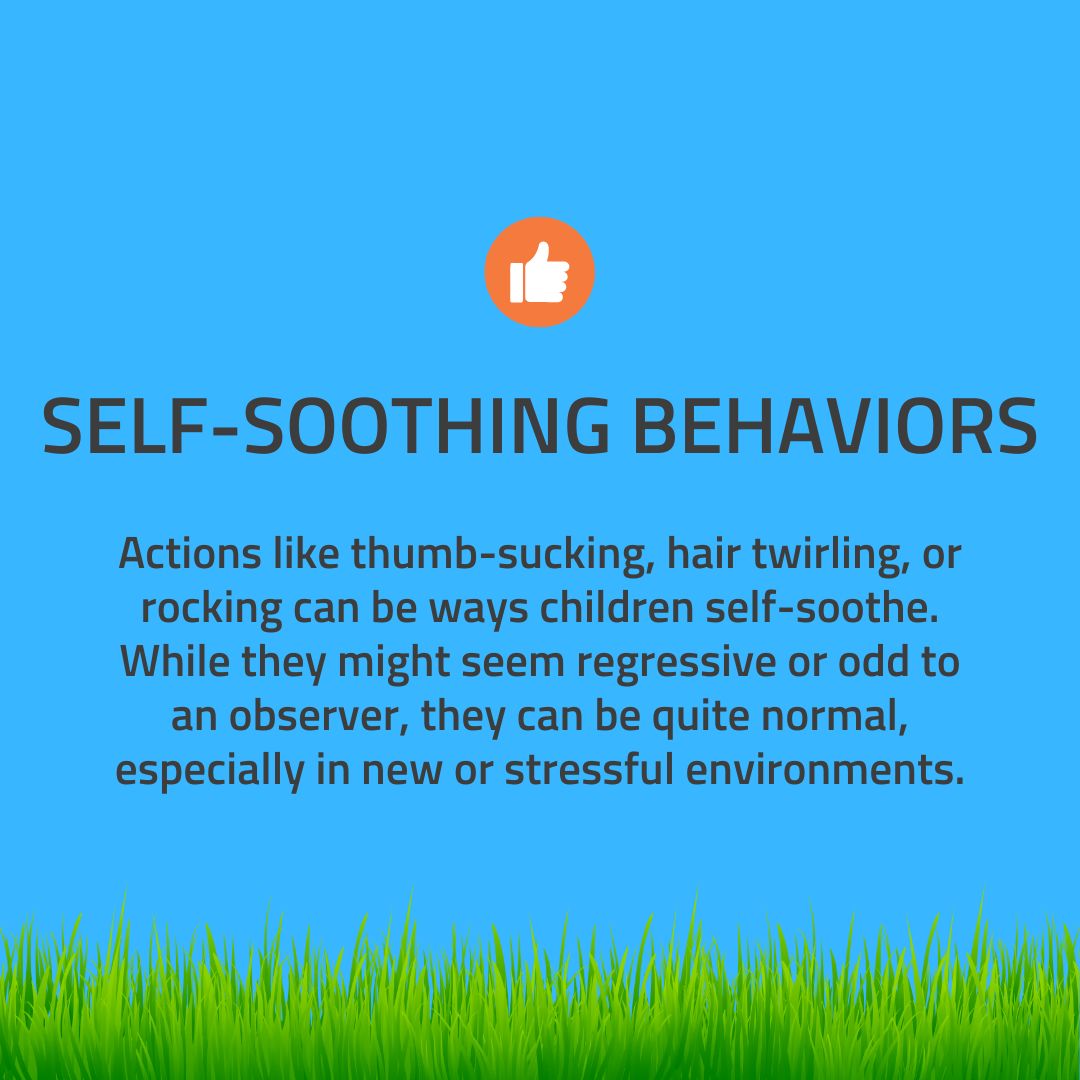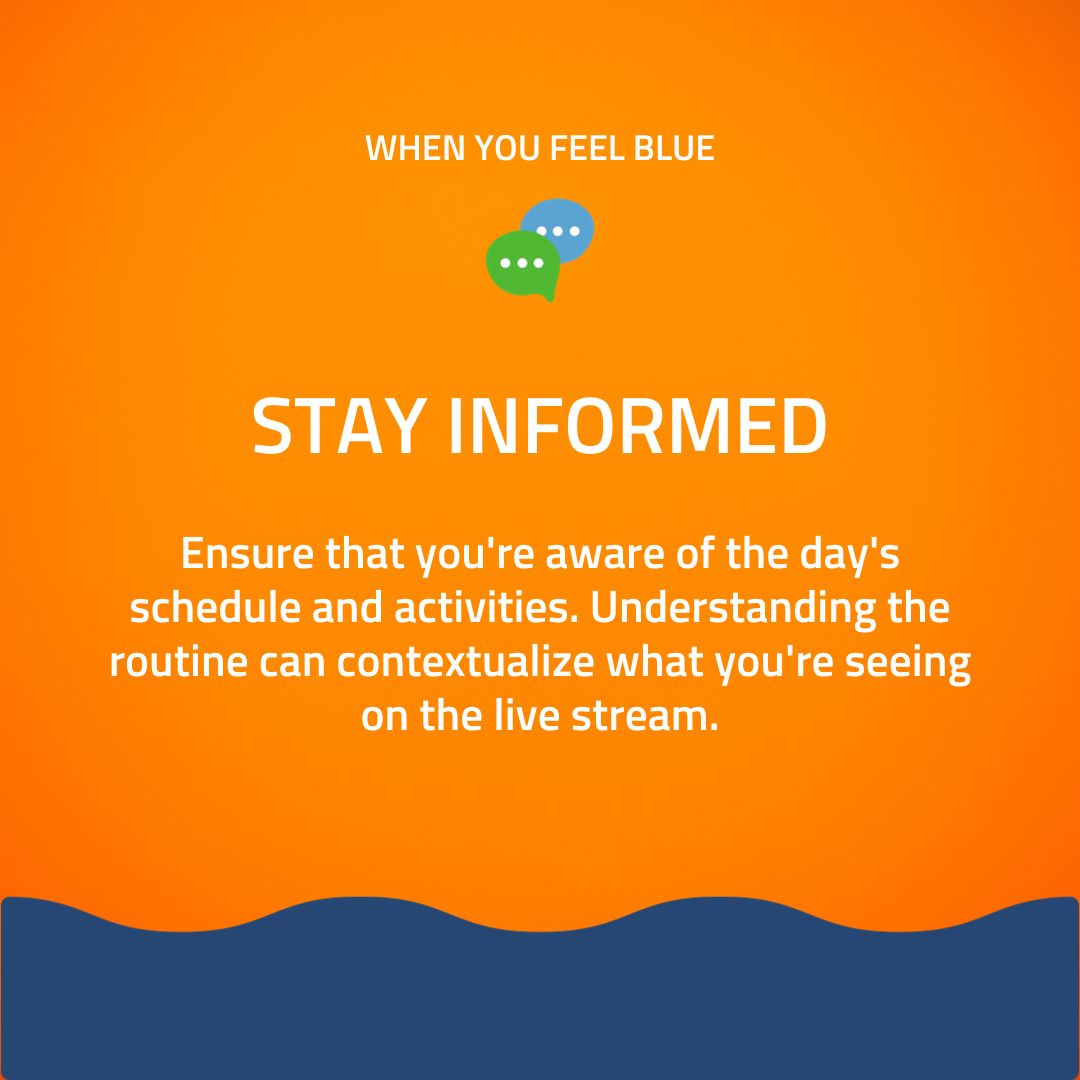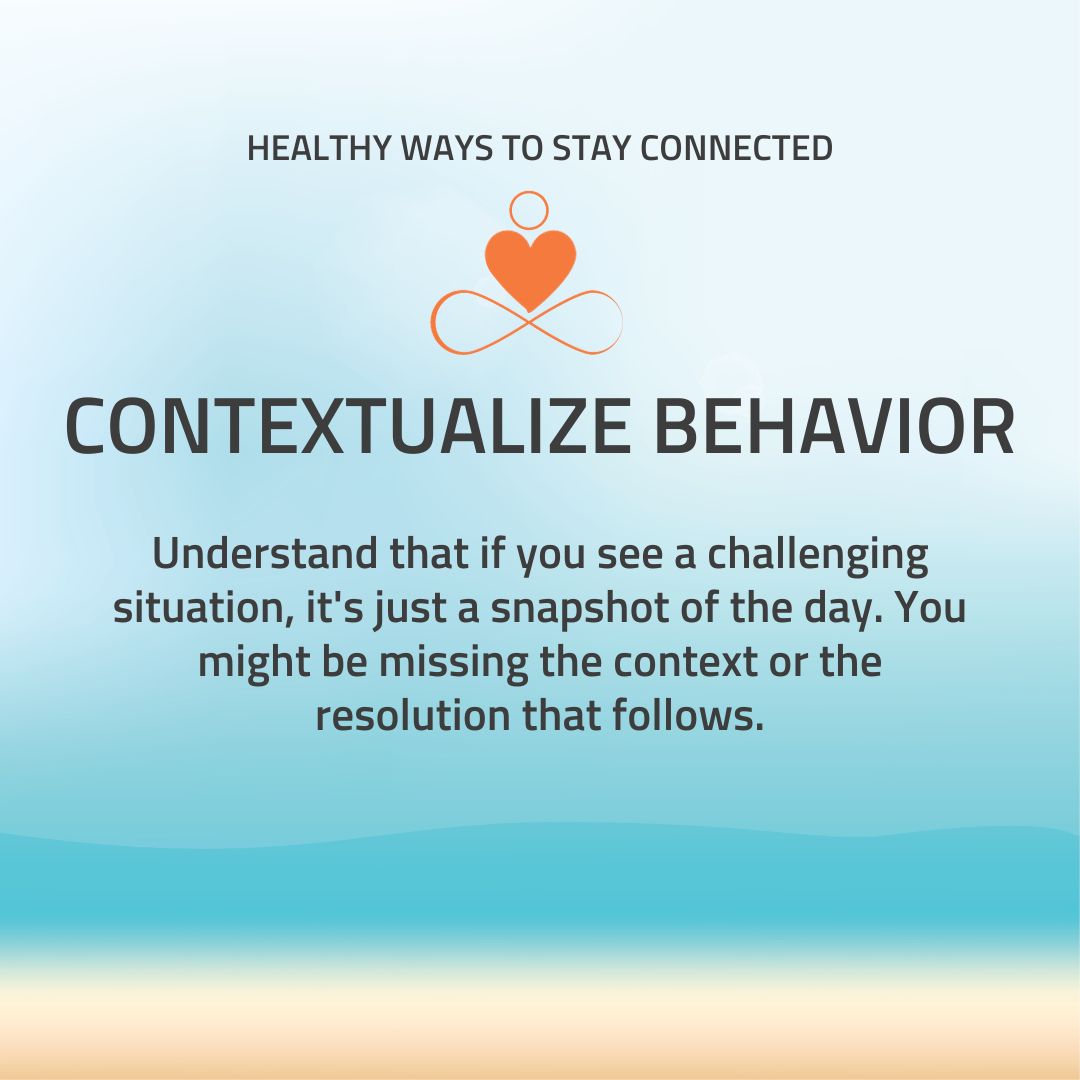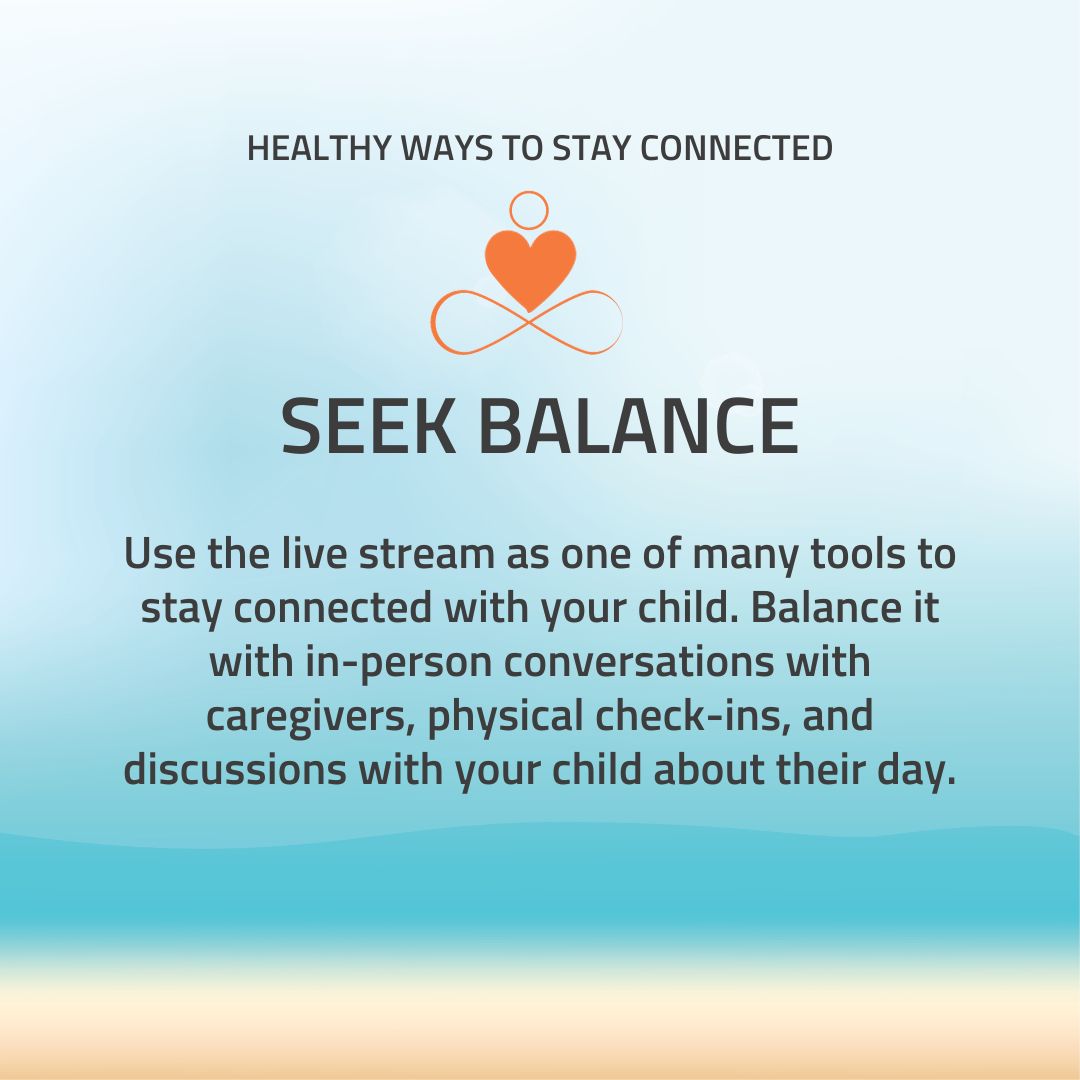WatchMeGrow
Parent Guide
Watching your child through a camera lens can bring a mix of comfort and curiosity–and it's natural to have questions. Use these resources to help find answers.

Making Sense of What You See
Your school is dedicated to providing context and reassurance, helping to interpret these moments not as points of worry but as steps in your child's learning and development journey. Open communication is the key to a supportive and enriching partnership.
Build Healthy Communication With Your School

Your Insights Are Valued
All of your observations are critical to fostering a collaborative and trusting environment at school. Email the school or have a conversation at pick-up on non-urgent matters.

Mindful Engagement
Cameras offer a reassuring glimpse into your child's day. Phone calls for non-urgent issues can divert staff attention from their primary role of caring for and engaging with children.

Urgency is Key
If you perceive something on camera that is truly urgent or deeply concerning, call the school right away. Your child's safety and well-being are priorities above all else.

Supporting Focused Care at Your School
The aim is to strike a balance where childcare staff can dedicate their full attention to nurturing and educating children, while also being accessible for urgent family inquiries and concerns. This balance is essential for everyone's well-being.
Decode Classroom Moments
Context:
A classroom bustling with activities can sometimes look chaotic from an outside perspective. Your childcare center designs these environments to stimulate learning and exploration. What might seem chaotic is often structured play, where children are encouraged to engage with various learning stations at their own pace.
Context:
It's natural to feel a bit anxious when you notice your child's activities differ from their peers. Use parent-teacher conferences as a time to dive deep into any concerns you might have. Together, your school can set goals focused on enhancing your child's development and provide you with regular updates on their progress. This collaborative approach helps ensure your child thrives, reinforcing that every child's journey is unique and valued.
Context:
Seeing your child struggle with frustration can be tough. Teachers often use the power of trial and error as a cornerstone of learning. Whether it's mastering a new word, making friends, or navigating challenges, these experiences are vital. This approach encourages children to explore solutions and learn resilience, preparing them for a lifetime of problem-solving. Rest assured, the team is always here to support them in overcoming obstacles and celebrating every victory along the way.
Context:
Observing your child sitting by themselves can stir concern, but rest assured, learning to navigate social situations is part of the preschool experience. Social skills are developed through practice, and what might appear as solitude can quickly transform into active participation. The dynamics of children's interactions are fluid, with moments of quiet observation often leading to engagement.
Context:
As a parent, your instinct is to ensure your child is always comfortable and taken care of. Teachers often view these moments as golden opportunities to encourage your child's independence, a skill that will serve them well in elementary school and beyond. To support their journey towards self-reliance, teachers gently guide them through these challenges. At home, you can help too by introducing age-appropriate tasks that promote independence. This teamwork approach helps your child conquer new milestones with confidence!
Context:
If you notice your child isn't eating much during mealtime, it could be easy to worry. Your school monitors each child's food intake and well-being closely. Appetites can vary day by day, and your childcare team is adept at encouraging healthy eating habits while respecting individual preferences.
Context:
Witnessing moments where children take toys from one another might raise concerns about sharing and kindness. Your childcare center uses these interactions as teachable moments to guide children in understanding sharing, empathy, and communication. Conflicts are natural and provide opportunities for important social lessons.











